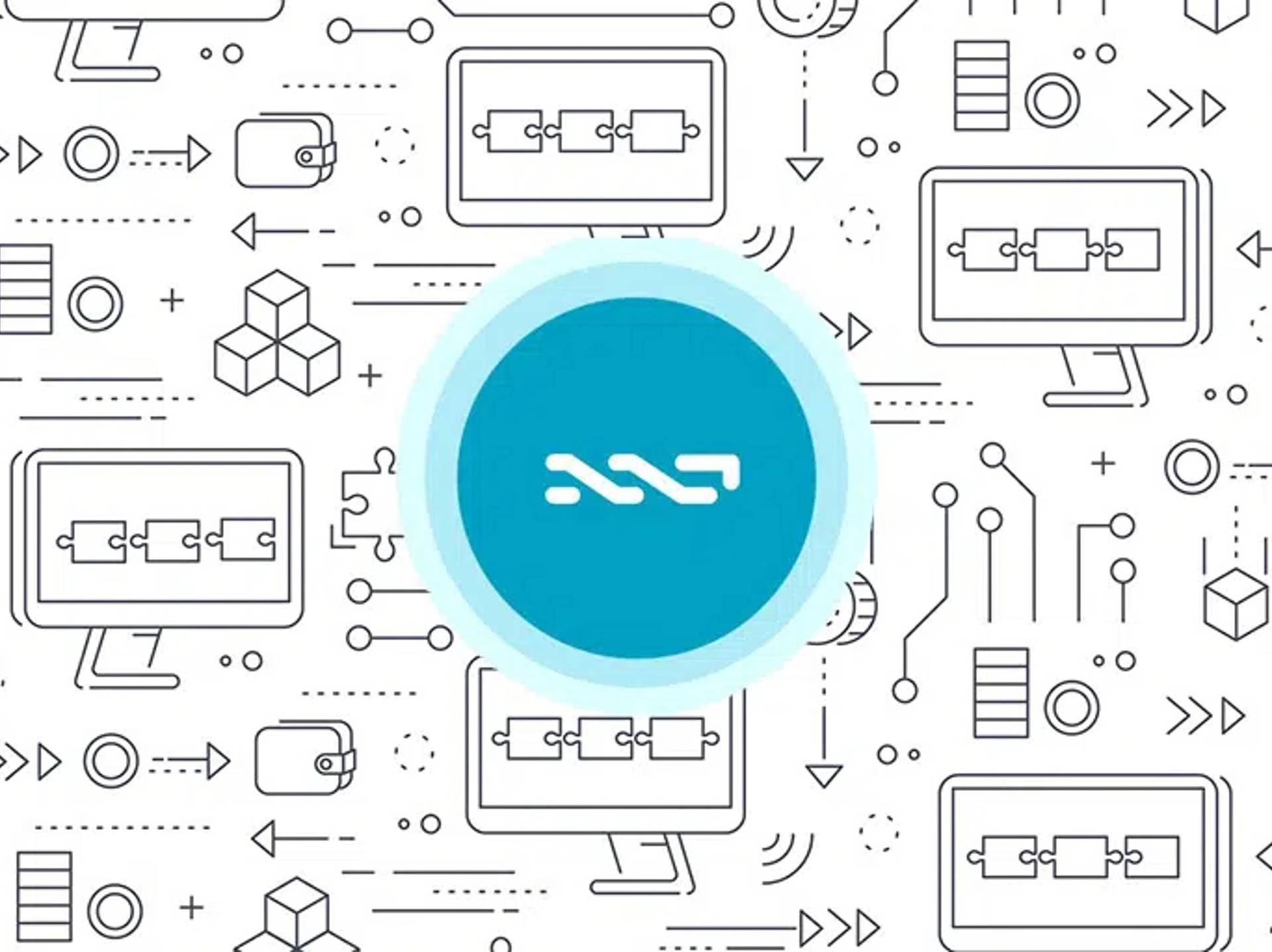위키 구독하기
Share wiki
Bookmark
Nxt
0%
Nxt
Nxt는 익명의 소프트웨어 개발자 <em>BCNext</em>가 2013년에 출시한 오픈 소스 암호화폐 및 결제 네트워크입니다. 트랜잭션에 대한 합의를 도달하기 위해 지분 증명을 사용합니다. 따라서 고정된 통화 공급량이 있으며 비트코인과 달리 채굴이 없습니다. Nxt는 애플리케이션 및 금융 서비스를 구축할 수 있는 유연한 플랫폼으로 특별히 구상되었습니다.[1][2]
Nxt는 ESMA의 "증거 요청" 보고서에서 광범위하게 다루어졌습니다.
역사
NXT는 총 10억 개의 코인으로 생성되었습니다. 2013년 9월 28일 Bitcointalk.org 회원 BCNext는 2세대 암호화폐로 Nxt 출시를 제안하고 초기 지분을 분배할 방법을 결정하기 위해 소액의 비트코인 기부를 요청하는 포럼 스레드를 만들었습니다. 2013년 11월 18일 Nxt에 대한 모금이 마감되었습니다.
초기 코인 제공은 USD$17,000 상당의 21 비트코인을 모았습니다.
2015년 11월 9일 Farla Webmedia는 NXT 자산 거래소에서 프로젝트를 시작했습니다. 2016년 7월 NXT는 스마트 트랜잭션 템플릿을 출시했습니다. 특정 문제에 대한 블록체인 솔루션을 구축하기 위해 기업을 위한 빌딩 블록 역할을 하기 위한 것입니다.[3][4]
특징
Nxt의 핵심 인프라는 복잡합니다. 이는 더 간결한 비트코인에 비해 위험을 증가시키지만 외부 서비스가 블록체인 위에 구축하기 더 쉽게 만듭니다.
주식, 암호화 자산의 분산 거래를 허용하는 피어 투 피어 교환. 블록체인은 변경할 수 없는 공개 트랜잭션 원장이므로 자산 거래소는 Nxt 이외의 항목에 대한 거래 기록을 제공합니다. 이를 위해 Nxt는 특정 코인의 지정 또는 "색상 지정"을 허용하여 가상 암호화폐 세계에서 물리적 세계로 다리를 놓습니다. "색상이 지정된 코인"은 재산, 주식/채권, 상품 또는 개념을 나타낼 수 있습니다.
임의의[5] 메시지를 통해 암호화되거나 일반 텍스트를 보낼 수 있으며, 최대 1000바이트의 데이터를 영구적으로 보내고 저장하거나 제한된 시간 동안 42킬로바이트의 데이터를 보낼 수도 있습니다. 결과적으로 파일 공유 서비스, 분산 애플리케이션 및 상위 수준의 Nxt 서비스를 구축하는 데 사용할 수 있습니다.[6]
통화 또는 Nxt 자산 보유자가 암호화 방식으로 입증되고 외부에서 검증 가능한 방식으로 투표할 수 있도록 허용합니다. 이는 향후 개발 결정 또는 주주 투표에 사용할 수 있습니다. 또한 공공 선거 및 커뮤니티 기반 의사 결정에 적용할 수도 있습니다.
이를 통해 외부 개발자가 기능 또는 사용성 향상을 추가할 수 있습니다. 플러그인은 샌드박스에 포함되어 있지 않습니다.
잘못된 내용이 있나요?
